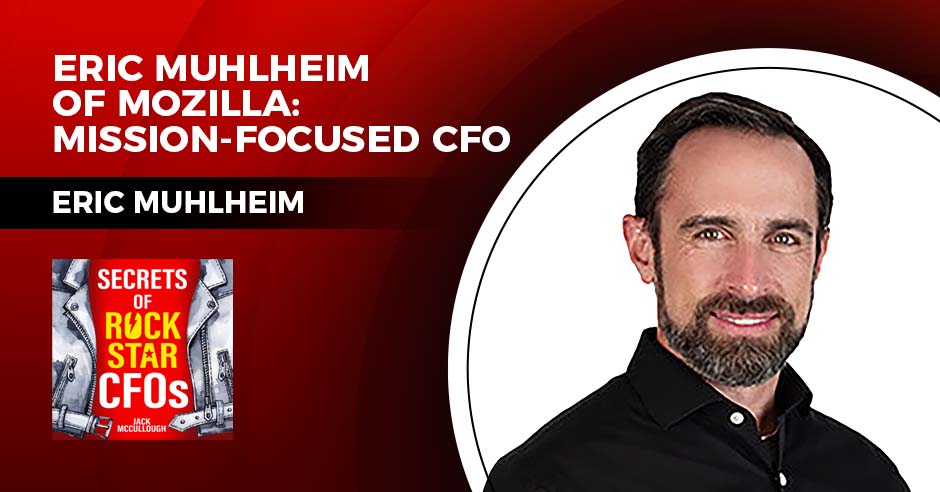Deanna Strable, CFO of Principal Financial Group based in Des Moines, Iowa, has helped shepherd the company through significant strategic changes in recent years, including exiting certain lines of business and growing its global asset management segment.
Her own role has changed as well over three decades with the company, starting as an actuary. Strable spoke with StrategicCFO360 about managing change—for the business, and for CFOs generally.
How have the changes at Principal contributed to the company’s growth and market cap increase during your tenure as CFO?
Being 143 years old, Principal has continued to evolve to meet the needs of our customers and grow our company. The strategic changes we have made over the past several years have been no different—we saw an opportunity to enact strategic changes that prioritized the evolving needs of our customers and the long-term sustainability and growth of our business.
The decision to exit certain lines of business was rooted in our commitment to focusing on our core strengths and on businesses where we have the opportunity to differentiate. By divesting from businesses that did not closely align with our long-term strategic vision and financial objectives, we were able to reallocate capital and talent to areas where we saw greater potential.
Our emphasis on growing our global asset management segment was driven by the connectivity of investment management to other parts of our business—particularly retirement and insurance—as well as the increasing demand for investment solutions and financial services worldwide. We have invested in expanding our asset management capabilities, which has not only broadened our product offerings but also positioned us to meet the evolving needs of our clients on a global scale.
The result of these strategic decisions has not only increased market cap but has made us a more focused and agile organization by allowing us to better navigate market challenges and capitalize on emerging opportunities. By concentrating on our core strengths, we’ve further enhanced our ability to create long-term value for our customers and shareholders.
The business landscape has experienced various economic and technological shifts, from changes in interest rates to the impact of AI and hybrid work models. How has the role of the CFO adapted in light of these evolving challenges and opportunities? How have you personally seen this?
In today’s rapidly evolving financial services industry, my role at Principal, and the role of a CFO more broadly, has undergone significant change. While the core responsibilities of a CFO remain rooted in financial stewardship, risk management and strategic decision-making, the tools and methods we can employ to fulfill these duties have evolved significantly with innovations in technology and data and analysis. The role has become much more strategic through my seven years in the position than being narrowly focused on the financial aspects of the job.
I have personally seen this come to life in a few ways. One is through the use of more automation tools for manual tasks, freeing up our employees to focus on more value-added opportunities. This has now morphed into playing an active role in prioritizing our technology and AI efforts to deliver the most impactful results to our customer experience and cost structure.
Perhaps most important is the nature of the relationships between the CFO and the rest of the executive team. I work more closely than ever with our chief information officer, chief marketing officer and our business presidents to understand the value that can be created when effectively leveraging these functions and how we can articulate that value within our financial metrics.
I have found in my role I am increasingly focused strategic initiatives that drive growth as well as on harnessing the power of data and technology to make strategic decisions in a rapidly evolving landscape. I believe that all CFOs must thoughtfully consider and embrace these changes, as it is crucial for financial services companies to thrive in the new digital era.
Like many other leaders, I have also been asked to shepherd our employees through a time of significant change regarding the nature of work. Post-pandemic, Principal returned to the office under hybrid work arrangements with employees being asked to come into the office three days a week. Fortunately, within our finance community, our team has generally embraced these arrangements—appreciative of the flexibility while also valuing in-person collaboration.
Can you elaborate on how your previous experience, particularly leading the U.S. insurance solutions business, has informed your approach as CFO? How can other CFOs leverage their past experience to inform their decision-making?
My journey at Principal over the past three decades has included many roles. From starting my career as an actuary to leading the U.S. insurance and group benefits business, each of my roles has profoundly shaped my approach as CFO. While not necessarily a traditional path, my journey has afforded me a deep understanding of our organization’s history, culture and client needs, which is invaluable in strategic financial decision-making.
More than anything, my prior roles taught me the importance of building strong, client-centric strategies, as well as the critical integration of strategic planning, financial outcomes and operational execution, items I’ve carried into my current position.
I believe it is important for others to recognize that there is no one path to becoming a CFO, and others in the role should feel confident that their background and unique experiences can drive impact at their organization. This understanding can guide more informed and context-aware decision-making, ultimately fostering a more resilient and forward-thinking leadership approach.
As you look ahead, how do you see the role of the CFO continuing to evolve? What steps do you personally take to continue growing in your role?
In the past, CFOs were primarily responsible for financial reporting and compliance. Today, we have seen the role shift toward becoming strategic leaders in the organization, actively contributing to the company’s overall strategy, and working closely with the CEO and the board of directors to make key financial and strategic decisions that drive growth and profitability.
As the CFO of a public company, I also play a key role in communicating our strategy and the financial decisions we make to our current and prospective shareholders and analysts. I expect this evolution will only continue, with the role continuing to grow in importance and impact.
Beyond this, the role will continue to evolve alongside the industry, embracing technological advancements and increasing focus on data-driven decision-making.
To stay at the forefront of this evolution, I prioritize continuous learning, staying informed about industry trends, networking with peers and fostering innovation within my organization.
But most importantly, collaborating with and learning alongside my team and fellow executive management peers teaches me something new each day—their curiosity and passion encourages me to remain dynamic and responsive, always looking for the next step we can take to meet the evolving needs of our organization, customers and stakeholders.








